

Articles
How Many Watts Does A Refrigerator Take
Modified: August 27, 2024
Discover how many watts a refrigerator takes in this informative article. Learn about the energy consumption of different models and get tips on reducing power usage.
(Many of the links in this article redirect to a specific reviewed product. Your purchase of these products through affiliate links helps to generate commission for Storables.com, at no extra cost. Learn more)
Introduction
Refrigerators play a crucial role in our everyday lives, keeping our food fresh and preserving perishable items. But have you ever wondered how much energy your refrigerator consumes? Understanding refrigerator power consumption is essential not only for managing your energy usage but also for making informed decisions about energy-efficient appliances.
In this article, we will delve into the world of refrigerator power consumption and explore the factors that affect it. We will also provide you with useful tips on estimating and reducing the energy consumption of your refrigerator, helping you save money and reduce your environmental impact.
So let’s dive in and unlock the secrets of how many watts a refrigerator takes and how you can optimize its energy usage!
Key Takeaways:
- Understanding refrigerator power consumption is crucial for managing energy usage and optimizing efficiency. Factors like size, energy rating, usage patterns, and maintenance all impact power usage.
- Implementing simple tips like setting optimal temperatures, organizing contents, and regular maintenance can significantly reduce refrigerator power consumption, leading to energy savings and environmental conservation.
Understanding Refrigerator Power Consumption
Refrigerators are one of the most energy-intensive appliances in our homes, operating 24/7 to keep our food chilled or frozen. The power consumption of a refrigerator is typically measured in watts, which represents the amount of electrical energy it consumes per unit of time.
The power consumption of a refrigerator can vary depending on several factors, including its size, age, efficiency rating, and usage patterns. Generally, larger refrigerators and those with additional features such as ice makers and water dispensers tend to consume more energy.
Refrigerator power consumption is primarily driven by two key components – the compressor and the defrost system. The compressor is responsible for cooling the refrigerant, while the defrost system prevents ice buildup on the evaporator coil. These components require a significant amount of electricity to operate effectively.
Another important factor to consider is the refrigerator’s energy efficiency rating. Most modern refrigerators are equipped with an Energy Star rating, which indicates their energy efficiency. Energy Star certified refrigerators are designed to consume less energy while still providing excellent cooling performance.
In addition to the refrigerator itself, the temperature and environment in which it is placed can also impact its power consumption. For instance, placing your refrigerator near a heat source, such as an oven or direct sunlight, can cause it to work harder and consume more energy to maintain the desired temperature.
Understanding how your refrigerator consumes power is crucial for managing your energy usage and optimizing its efficiency. By being aware of the factors that influence its energy consumption, you can take proactive steps to reduce your electricity bills and minimize your carbon footprint.
Factors Affecting Refrigerator Power Usage
Several factors can affect the power usage of a refrigerator. Understanding these factors is crucial for determining how much energy your refrigerator consumes and identifying opportunities for energy savings.
1. Size and Capacity: The size and capacity of a refrigerator directly impact its power consumption. Larger refrigerators generally require more energy to cool the larger volume of air and maintain a consistent temperature. If you have a smaller household, consider opting for a smaller-sized refrigerator to reduce energy consumption.
2. Energy Efficiency Rating: The energy efficiency rating of a refrigerator can significantly impact its power usage. Look for refrigerators with an Energy Star rating, as these are designed to meet strict efficiency standards and consume less power while still providing effective cooling performance.
3. Age of the Refrigerator: Older refrigerators tend to be less energy-efficient compared to newer models. If your refrigerator is nearing the end of its lifespan, consider upgrading to a newer, more energy-efficient model. The energy savings over time can justify the investment.
4. Usage Patterns: The way you use your refrigerator can also affect its power consumption. Opening the refrigerator door frequently, leaving it open for extended periods, or putting hot food directly into the refrigerator can cause it to work harder and use more energy to maintain the desired temperature. Be mindful of your usage habits and try to minimize unnecessary opening and closing of the refrigerator door.
5. Ambient Temperature: The temperature of the room in which your refrigerator is located can impact its power usage. Placing your refrigerator in a warm area or near a heat source, such as an oven or radiator, can cause it to work harder and consume more energy. Ensure that your refrigerator is placed in a well-ventilated area, away from direct sunlight and heat sources.
6. Maintenance and Cleaning: Regular maintenance and cleaning of your refrigerator are essential for optimal performance and energy efficiency. Dust and debris can accumulate on the condenser coils, causing them to work harder and consume more energy. Keep the condenser coils clean and perform routine maintenance tasks, such as checking the door seals for proper sealing.
By considering these factors and taking appropriate measures, you can effectively manage and reduce the power usage of your refrigerator, saving energy and lowering your electricity bills in the process.
When shopping for a new refrigerator, look for the Energy Star label to ensure it is energy efficient. This can help you save on electricity costs in the long run.
Estimating the Power Consumption of Your Refrigerator
Estimating the power consumption of your refrigerator is essential for understanding how much energy it consumes and determining potential energy-saving opportunities. While the exact power consumption of your refrigerator will depend on various factors, you can use the following steps as a general guideline to estimate its energy usage:
1. Check the Manufacturer’s Specifications: Start by examining your refrigerator’s user manual or the manufacturer’s website for information on its power consumption. Look for details such as the rated power input, average energy consumption, or energy efficiency rating. These specifications can provide you with a baseline understanding of your refrigerator’s energy usage.
2. Monitor the Energy Usage: To get a more accurate estimate of your refrigerator’s power consumption, you can use an energy monitoring device. These devices plug into your refrigerator and measure the actual energy consumed over a specific period. By monitoring your refrigerator’s energy usage over several days or weeks, you can calculate an average power consumption value.
3. Use a Power Meter: If you don’t have an energy monitoring device, you can still estimate your refrigerator’s power consumption using a power meter. Plug the refrigerator into the power meter, and it will display the real-time power consumption in watts. Leave the refrigerator connected to the power meter for a few hours or a day to determine the average power consumption.
4. Perform a Calculation: Once you have the average power consumption value in watts, you can calculate the energy usage in kilowatt-hours (kWh) over a given period. To do this, simply divide the average power consumption by 1000 (to convert from watts to kilowatts) and multiply it by the number of hours in the period you are interested in.
It’s important to note that the power consumption of your refrigerator may vary throughout the year, as it is influenced by factors such as ambient temperature, usage patterns, and the contents inside the refrigerator. Therefore, it’s recommended to perform these estimations over different periods to get a more accurate picture of its energy consumption.
By estimating the power consumption of your refrigerator, you can gain insights into its energy usage and make informed decisions on how to reduce energy consumption, promote energy efficiency, and save on electricity bills.
Tips to Reduce Refrigerator Power Consumption
Reducing the power consumption of your refrigerator not only helps to lower your energy bills but also contributes to environmental sustainability. Here are some effective tips to minimize the energy usage of your refrigerator:
- Keep the Temperature Optimal: Set your refrigerator to the recommended temperature of 37-40°F (3-5°C) and the freezer to 0-5°F (-18 to -15°C). Maintaining these temperatures ensures food safety while minimizing energy waste.
- Organize and Label: Keep your refrigerator organized with labeled containers, allowing you to quickly find what you need and minimize the time the fridge door is open. This helps to prevent unnecessary cooling loss.
- Avoid Overfilling: While it’s essential to utilize the space efficiently, avoid overfilling your refrigerator. Adequate airflow is needed for proper cooling, so leave some room for air circulation to enhance efficiency.
- Check Door Seals: Regularly inspect the door seals and ensure they are clean and in good condition. Damaged or loose door seals can allow cold air to escape, causing your refrigerator to work harder to maintain the desired temperature.
- Don’t Leave the Door Open: Avoid leaving the refrigerator door open for an extended period. Make it a habit to retrieve everything you need in one go, and ensure the door is closed tightly.
- Minimize Condensation: Cover liquids and store food in airtight containers to prevent excessive condensation. Excessive moisture in the refrigerator can lead to increased energy consumption.
- Properly Cool Food: Allow cooked food to cool before placing it in the refrigerator. Hot food increases the internal temperature and forces the refrigerator to work harder to cool down.
- Regularly Defrost: Frost buildup in the freezer decreases the efficiency of your refrigerator. Regularly defrost the freezer to improve cooling efficiency and reduce energy consumption.
- Maintain Clean Coils: Dust and debris can accumulate on the condenser coils at the back or underneath your refrigerator. Clean the coils regularly to enhance the efficiency of heat exchange and optimize energy usage.
- Away from Heat Sources: Keep your refrigerator away from heat-generating appliances like ovens, dishwashers, and direct sunlight. Excessive heat can cause your refrigerator to work harder and consume more energy.
Implementing these tips can significantly reduce the power consumption of your refrigerator and help you maximize energy efficiency. By taking a few simple steps, you can save money on your energy bills and contribute to a greener, more sustainable lifestyle.
Read more: How Many Watts Does A Freezer Use?
Conclusion
Understanding and managing the power consumption of your refrigerator is essential for both your financial well-being and environmental sustainability. By implementing the tips mentioned in this article, you can effectively reduce the energy usage of your refrigerator and make a positive impact.
From understanding the factors that affect refrigerator power usage to estimating its power consumption and implementing energy-saving practices, you now have the knowledge to optimize your refrigerator’s efficiency. By keeping the temperature optimal, organizing the contents, checking door seals, and practicing good usage habits, you can significantly lower your energy bills.
Remember to perform regular maintenance, clean the condenser coils, and monitor the temperature and surrounding environment to ensure your refrigerator operates efficiently. By making these small changes, you can contribute to environmental conservation by reducing your carbon footprint.
Lastly, when it’s time to replace your refrigerator, consider investing in an energy-efficient model with an Energy Star rating. These appliances are designed to consume less power while still providing exceptional cooling performance. The investment in an energy-efficient refrigerator will pay off in the long run, both in terms of energy savings and reducing your environmental impact.
So, take control of your refrigerator’s power consumption today. By implementing these tips and being mindful of your usage habits, you can make a significant difference in reducing energy waste, saving money, and preserving our planet for future generations.
Frequently Asked Questions about How Many Watts Does A Refrigerator Take
Was this page helpful?
At Storables.com, we guarantee accurate and reliable information. Our content, validated by Expert Board Contributors, is crafted following stringent Editorial Policies. We're committed to providing you with well-researched, expert-backed insights for all your informational needs.

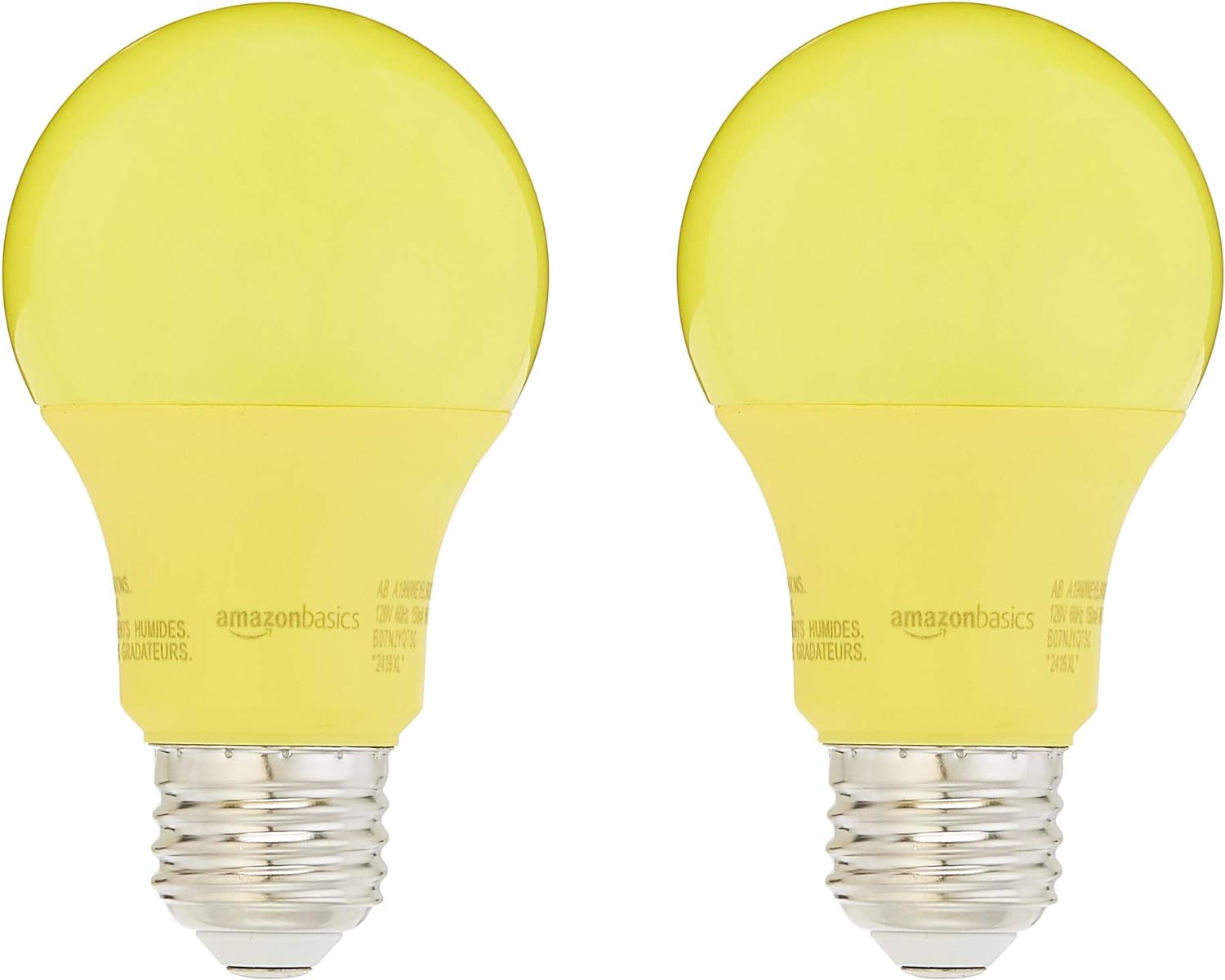
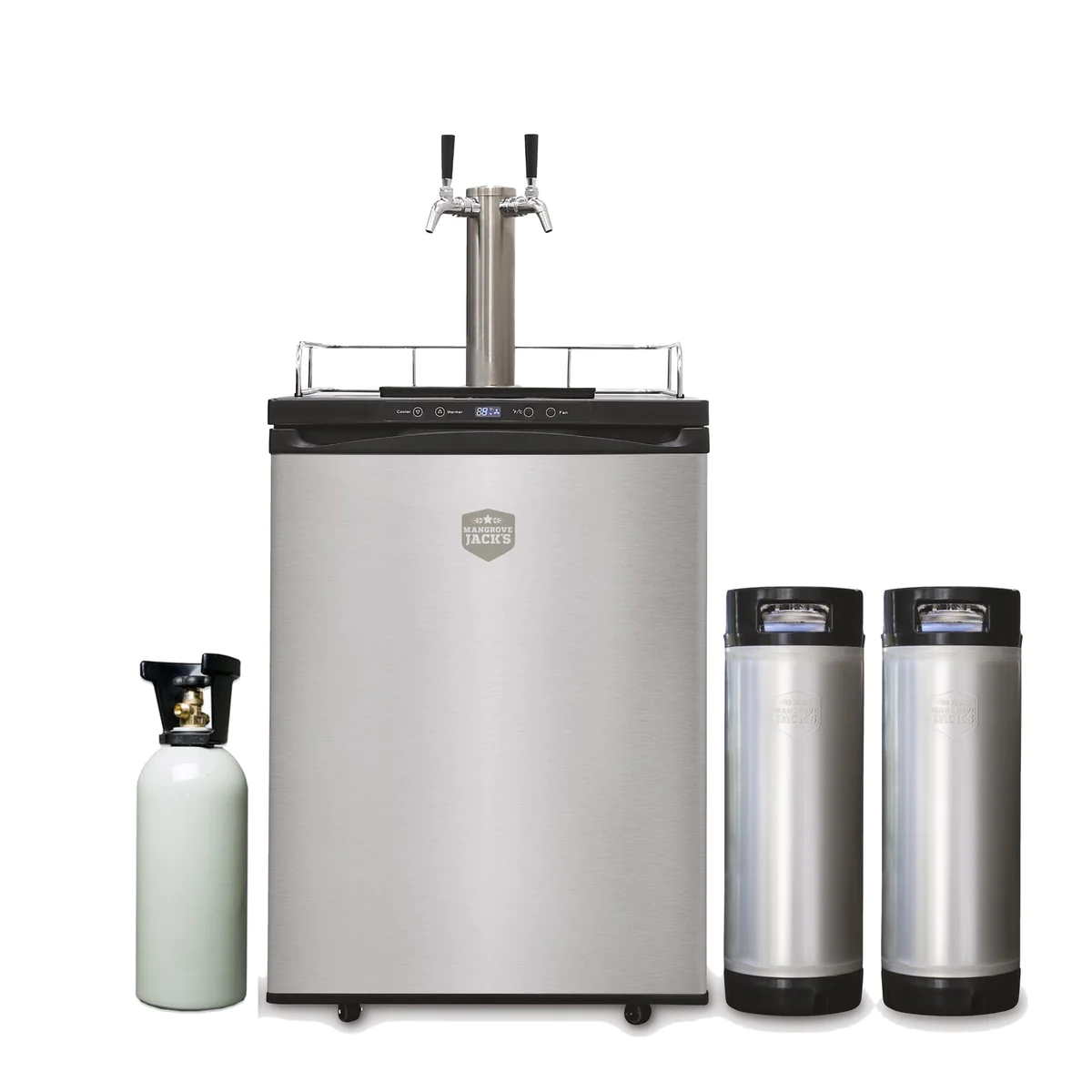
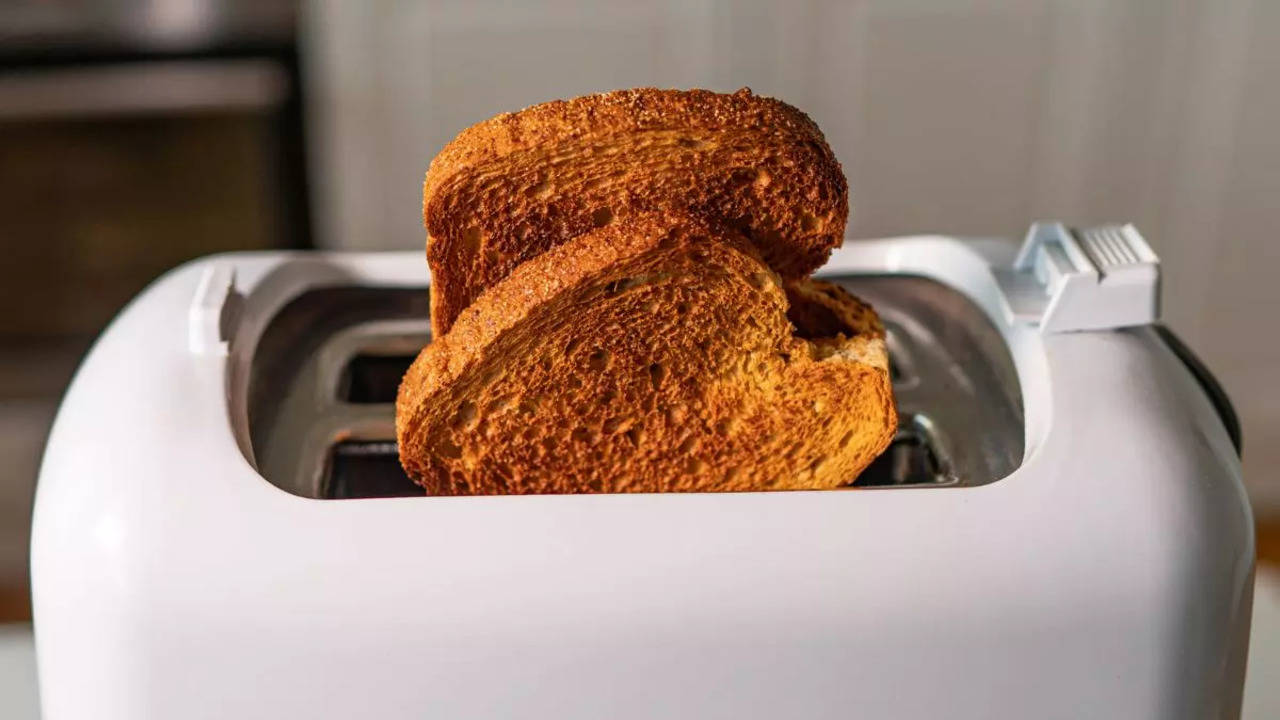
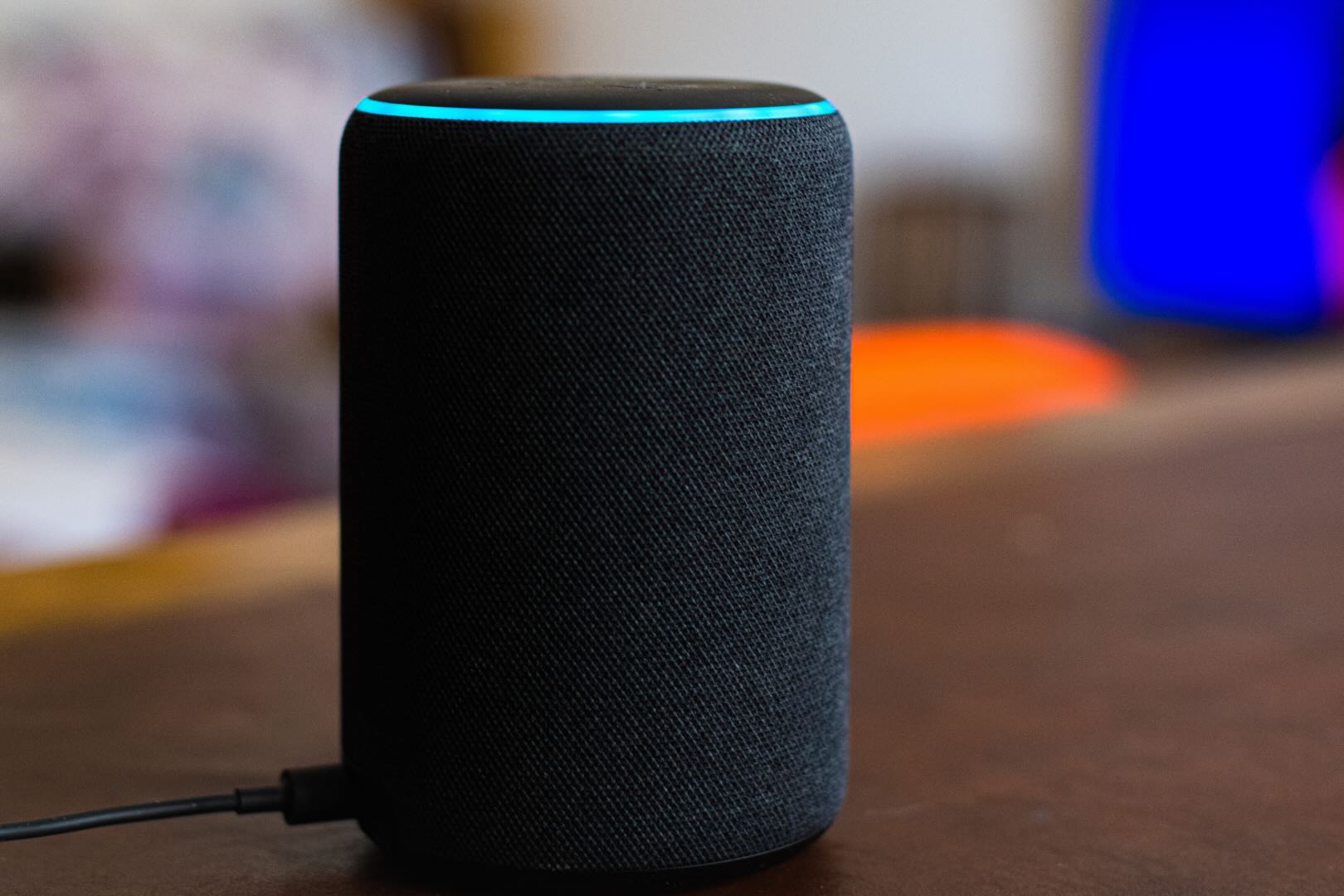
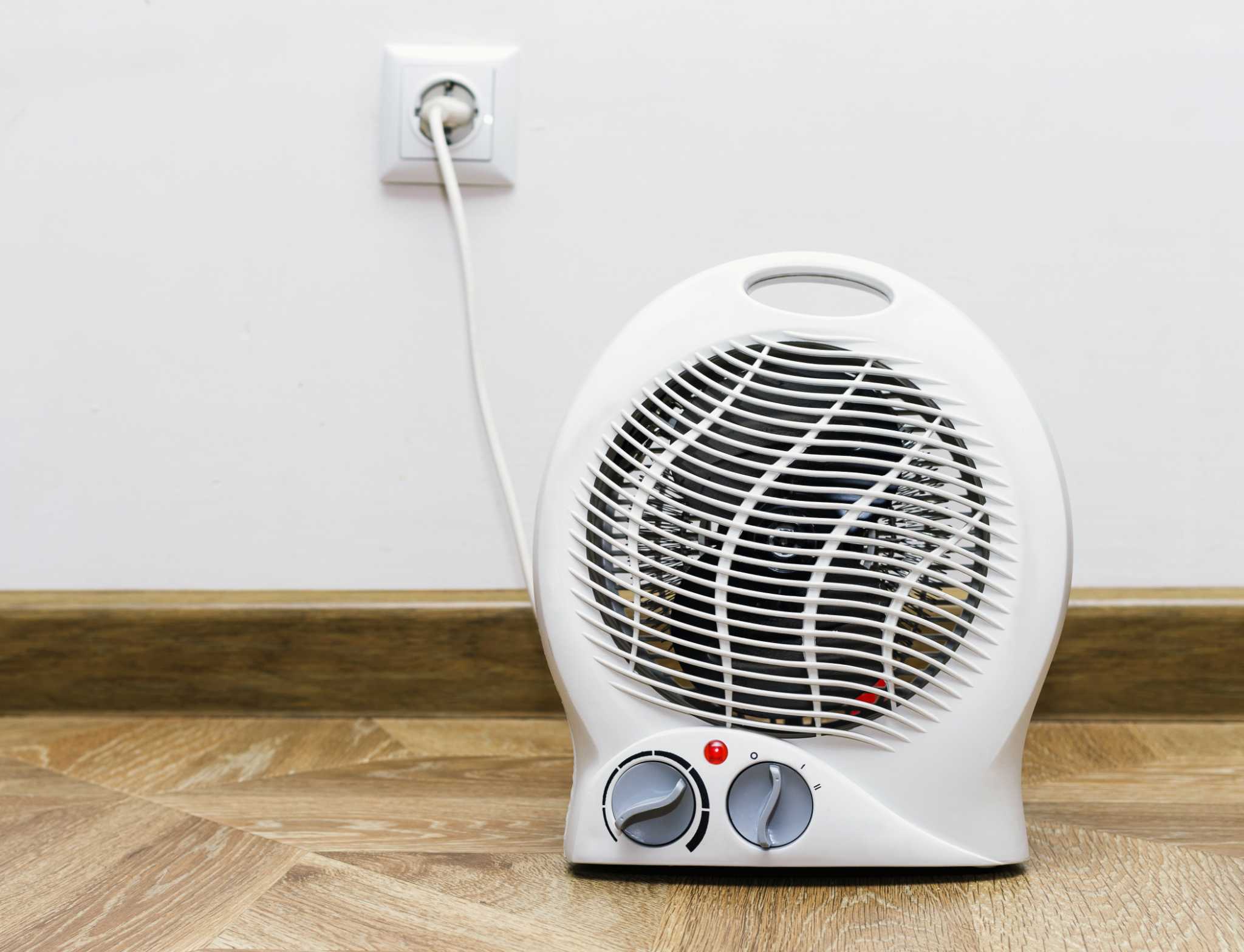
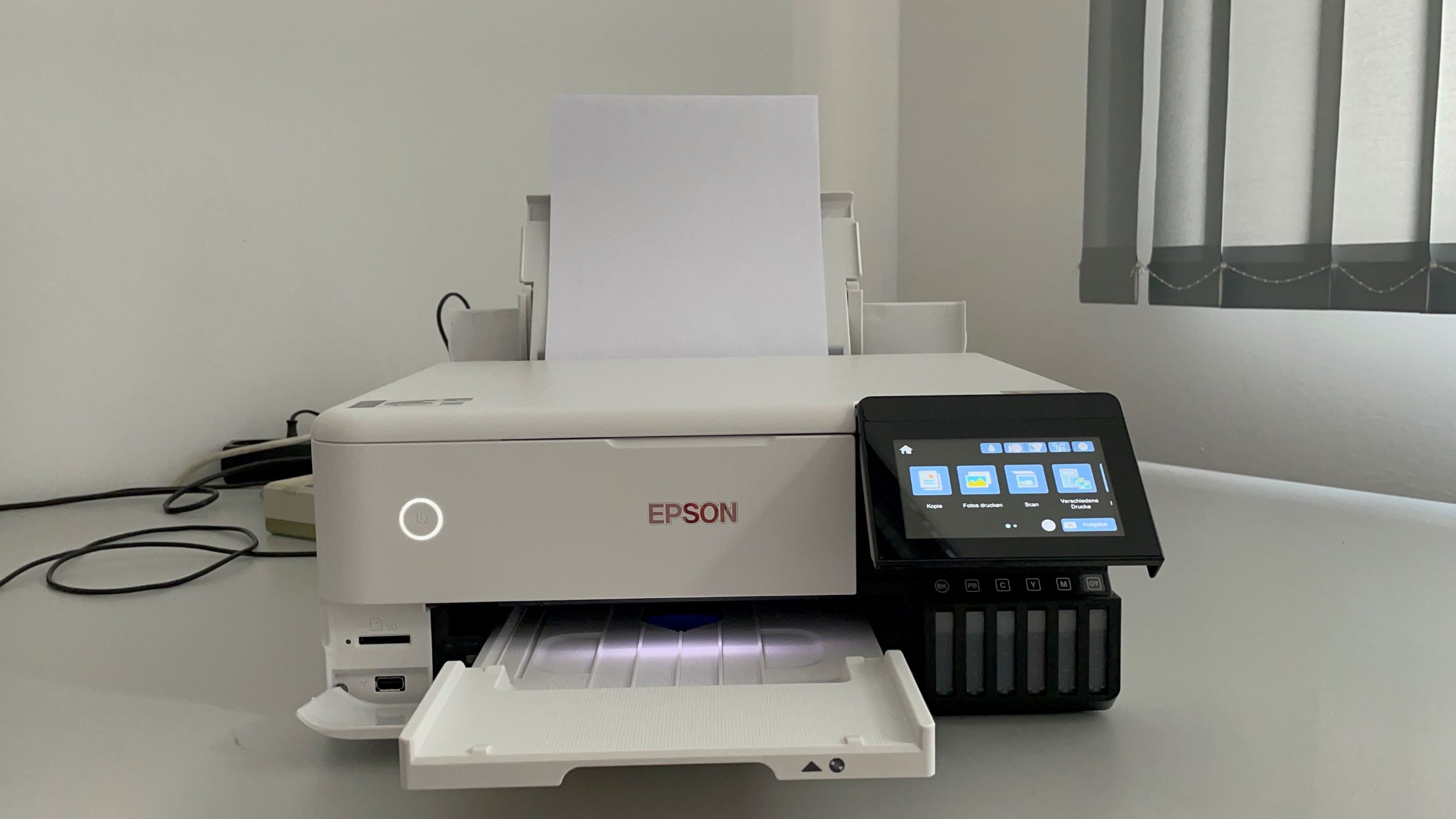
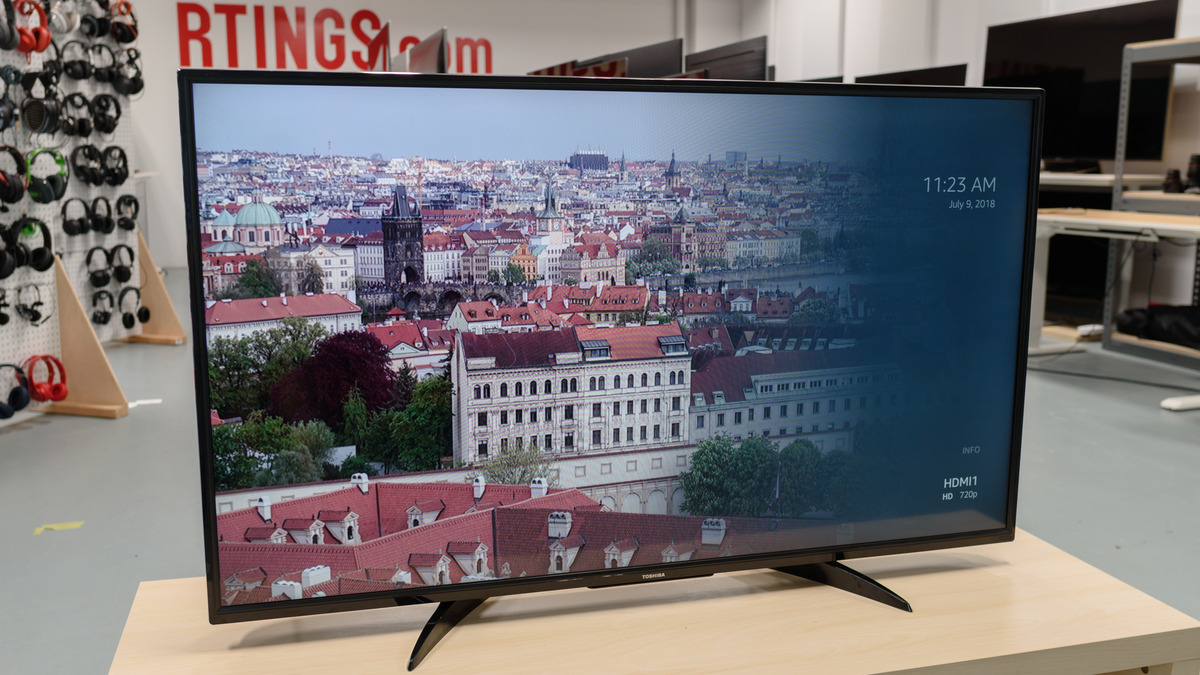
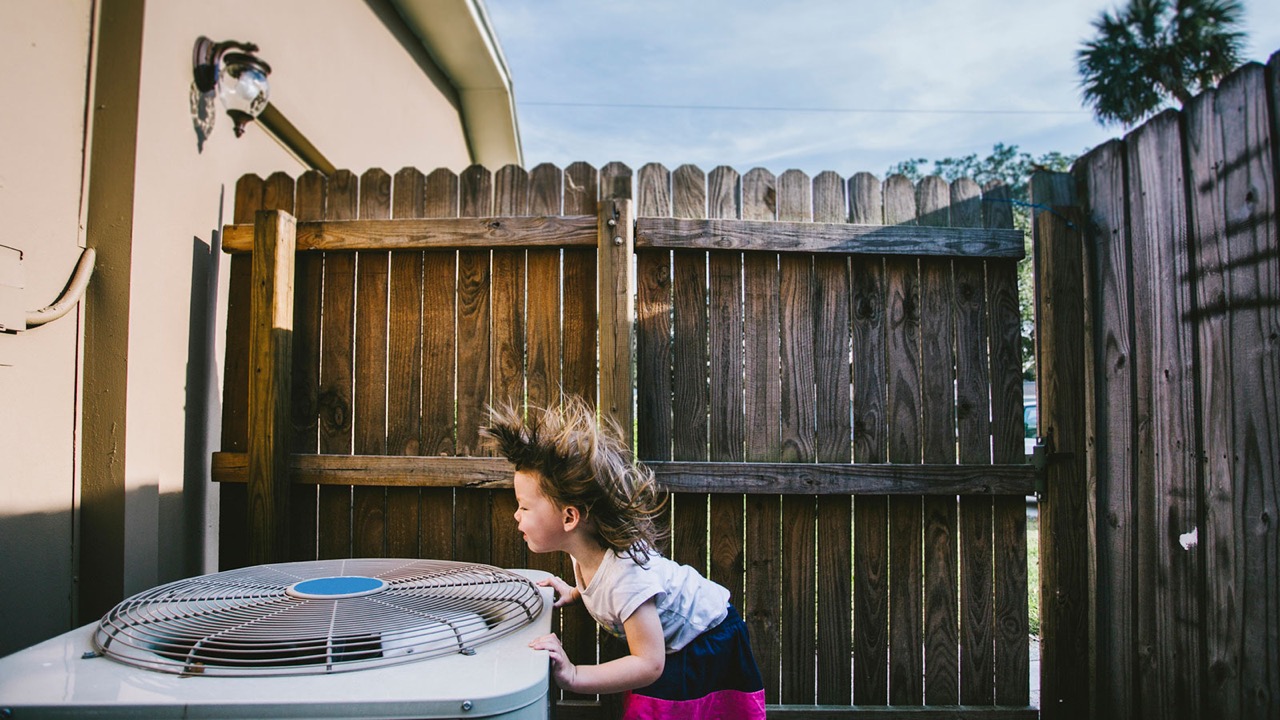
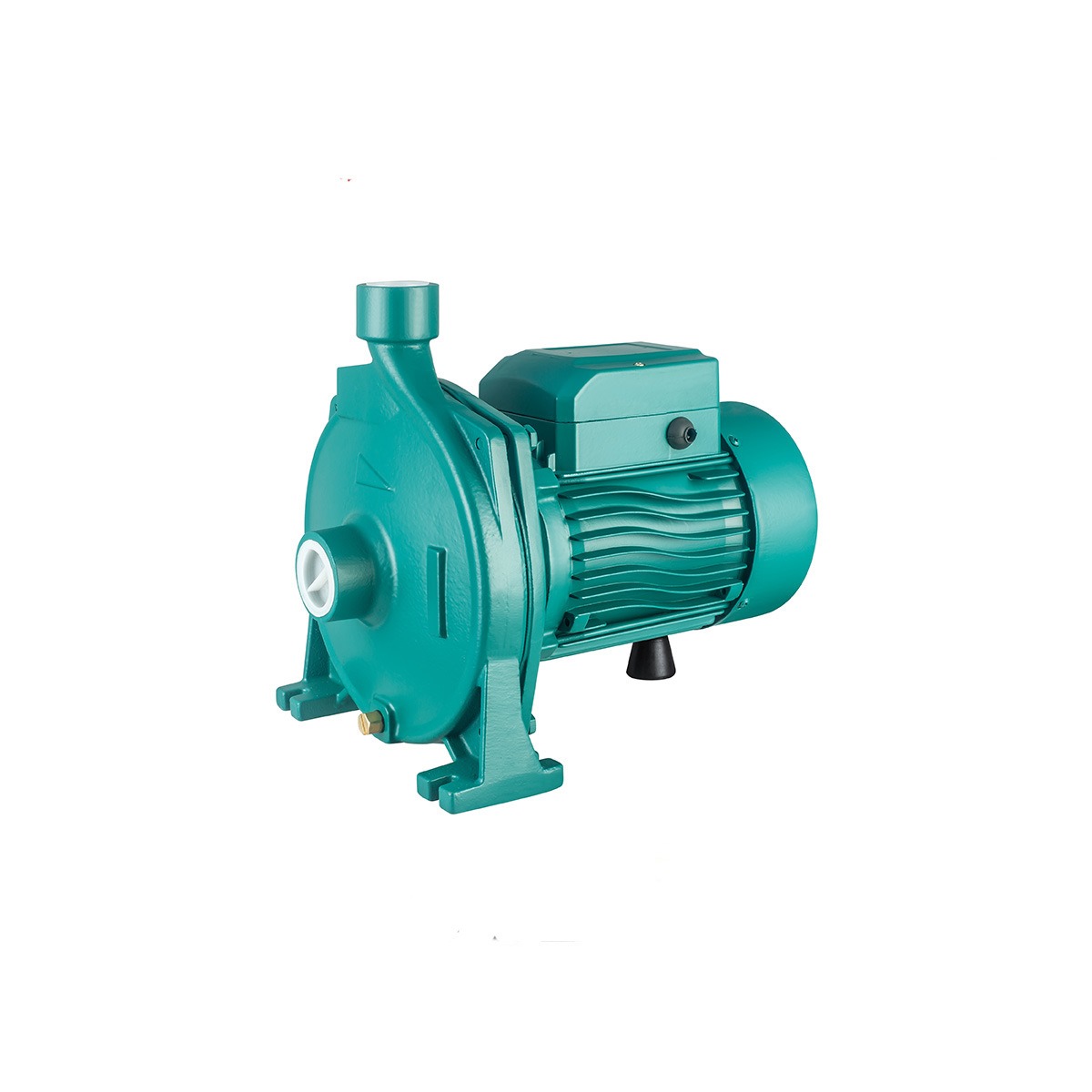

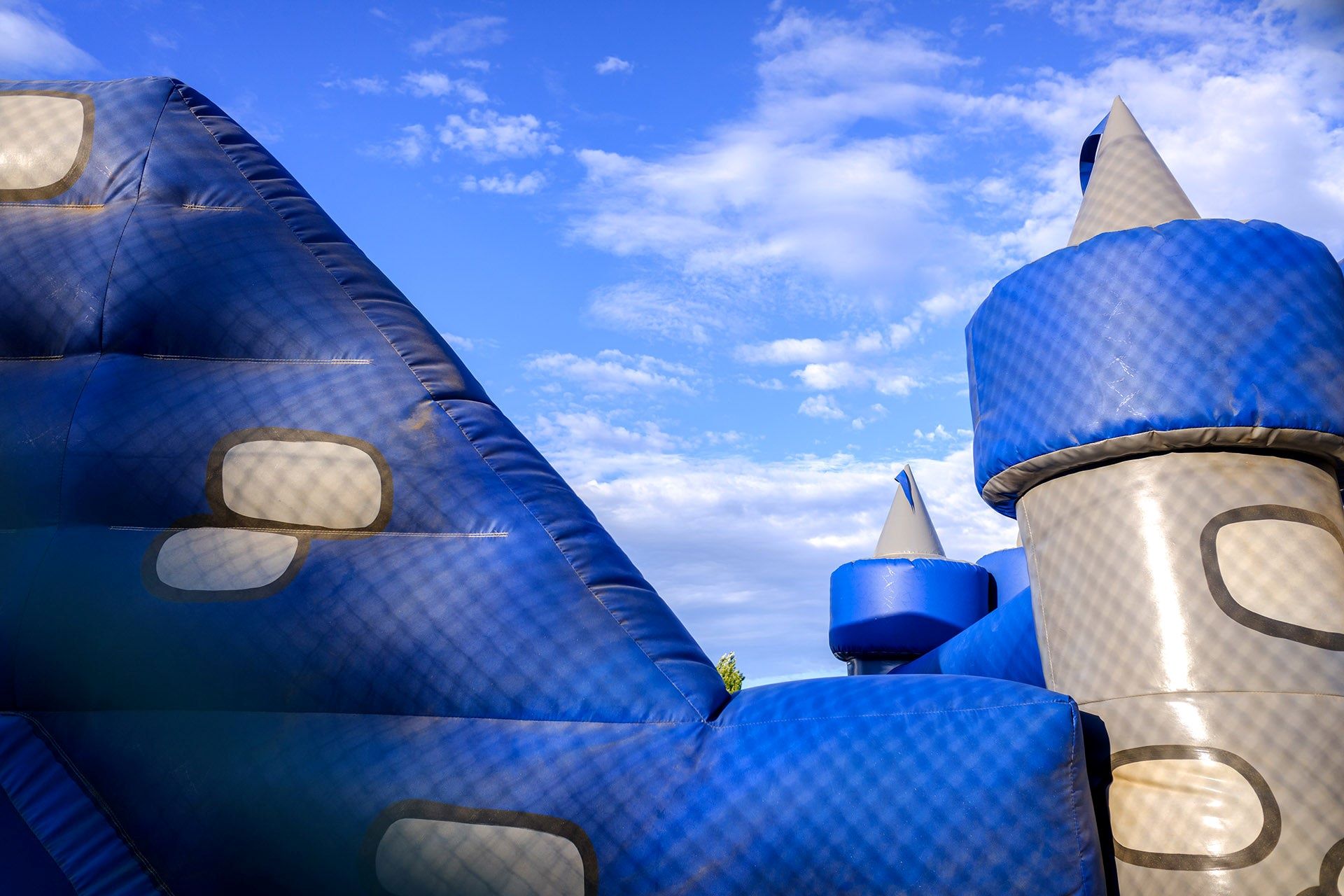
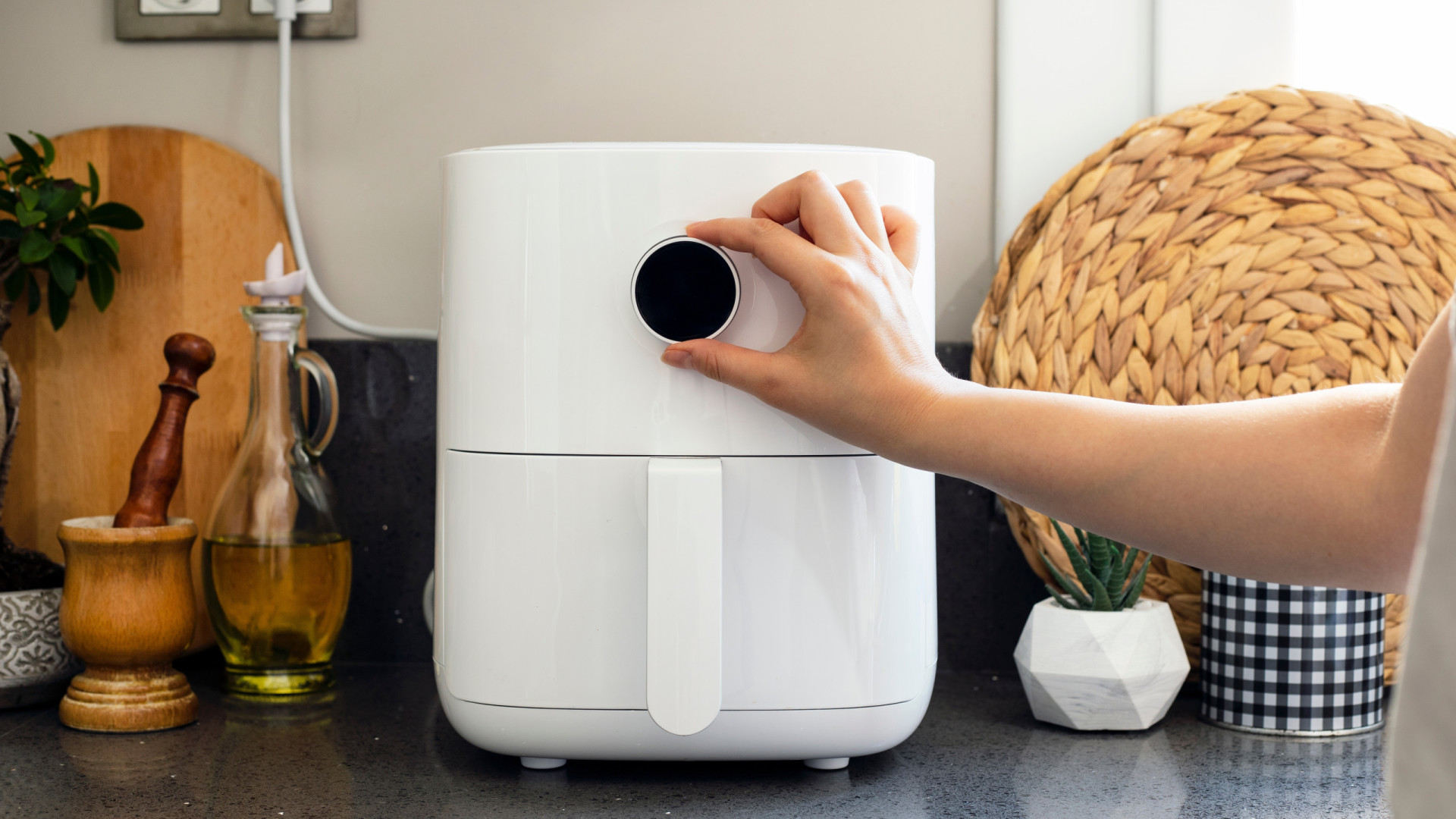
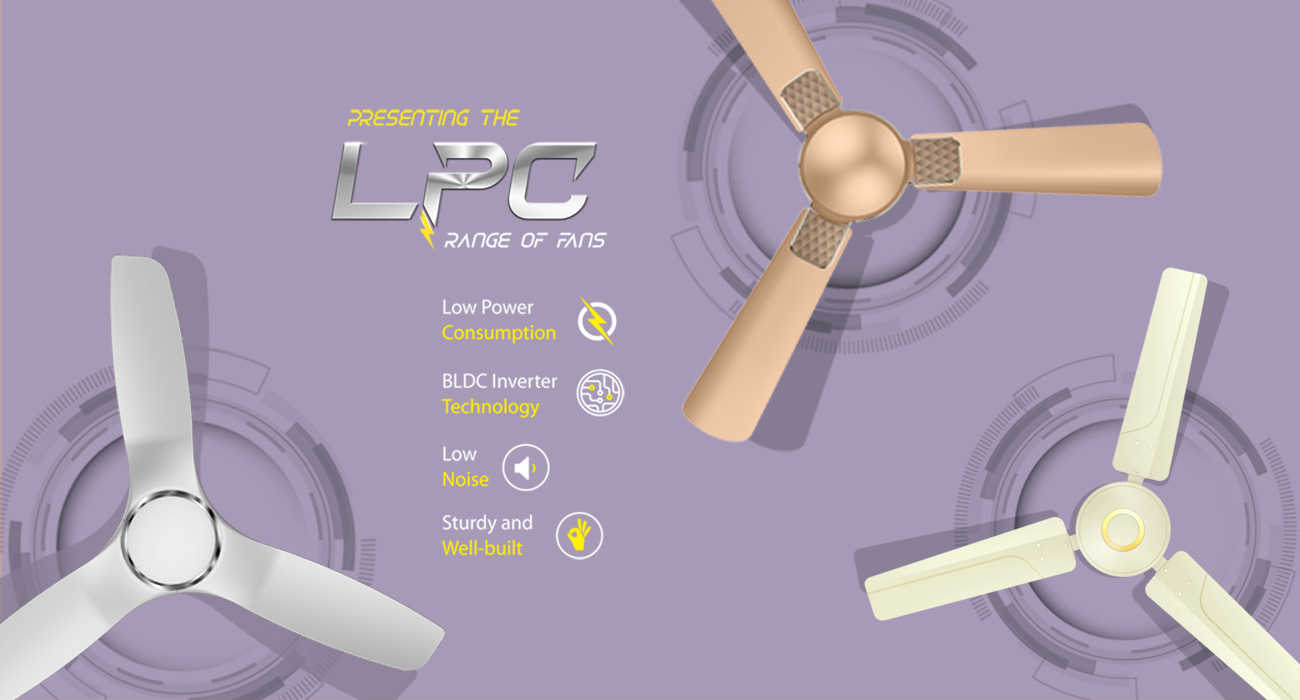

0 thoughts on “How Many Watts Does A Refrigerator Take”